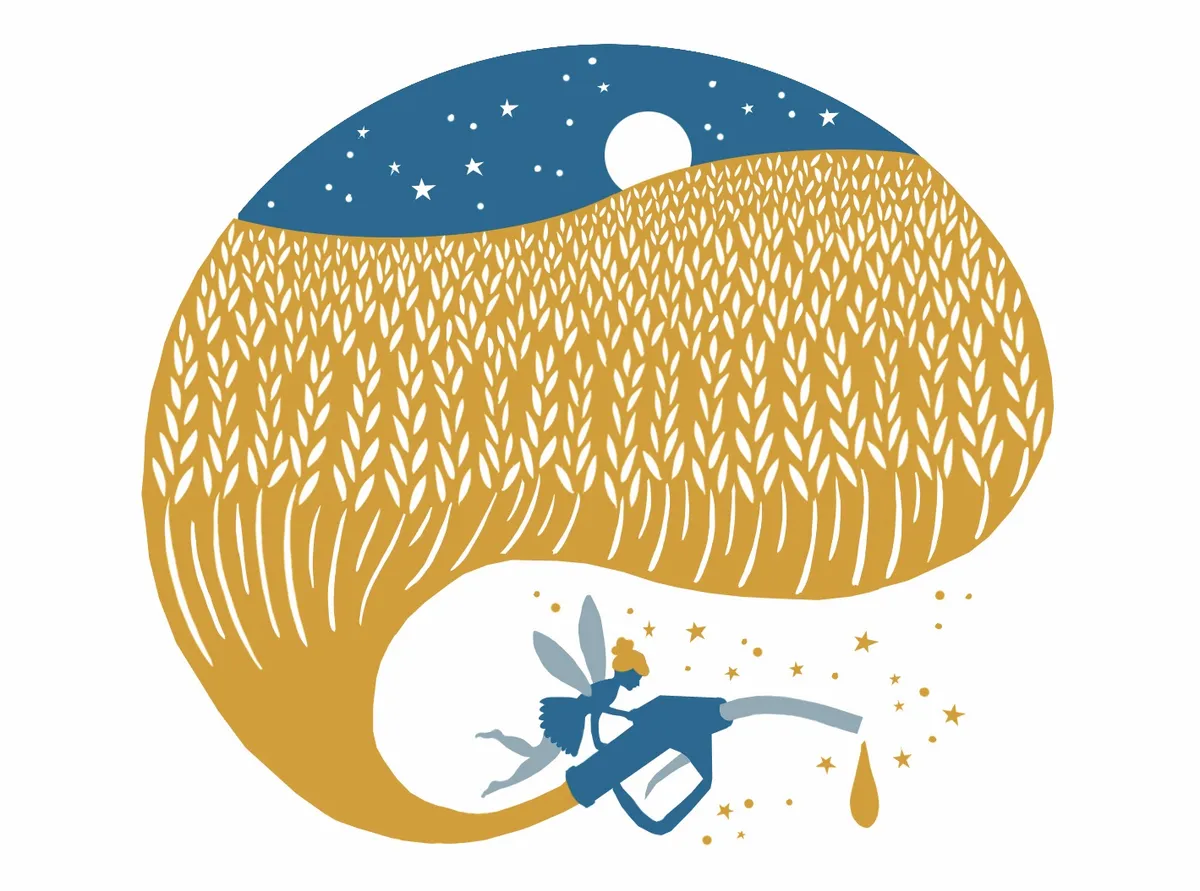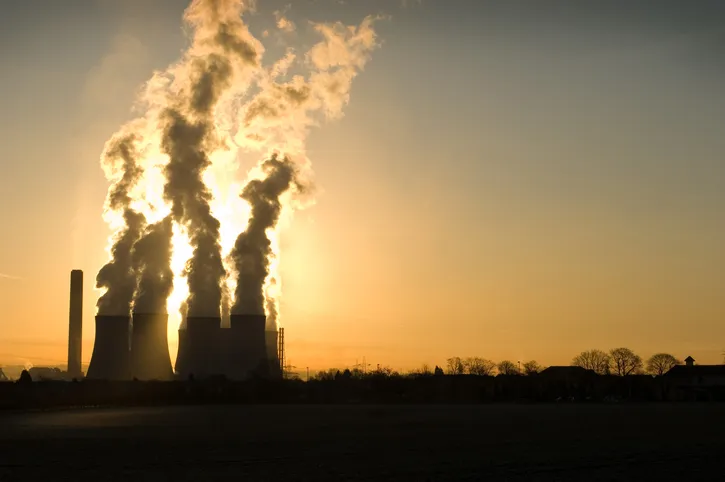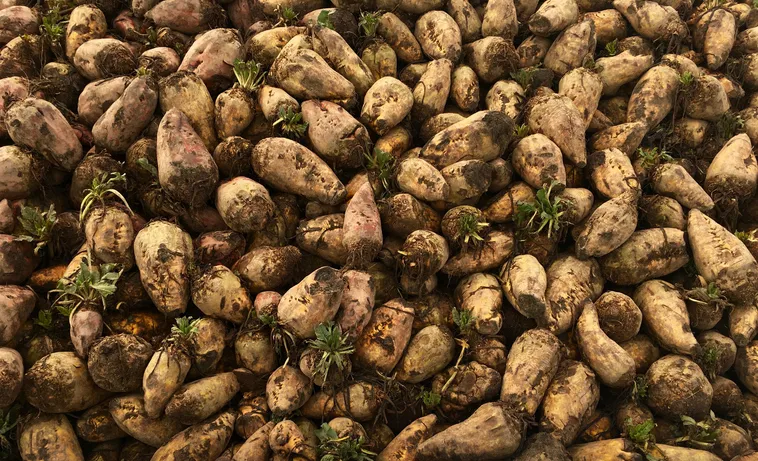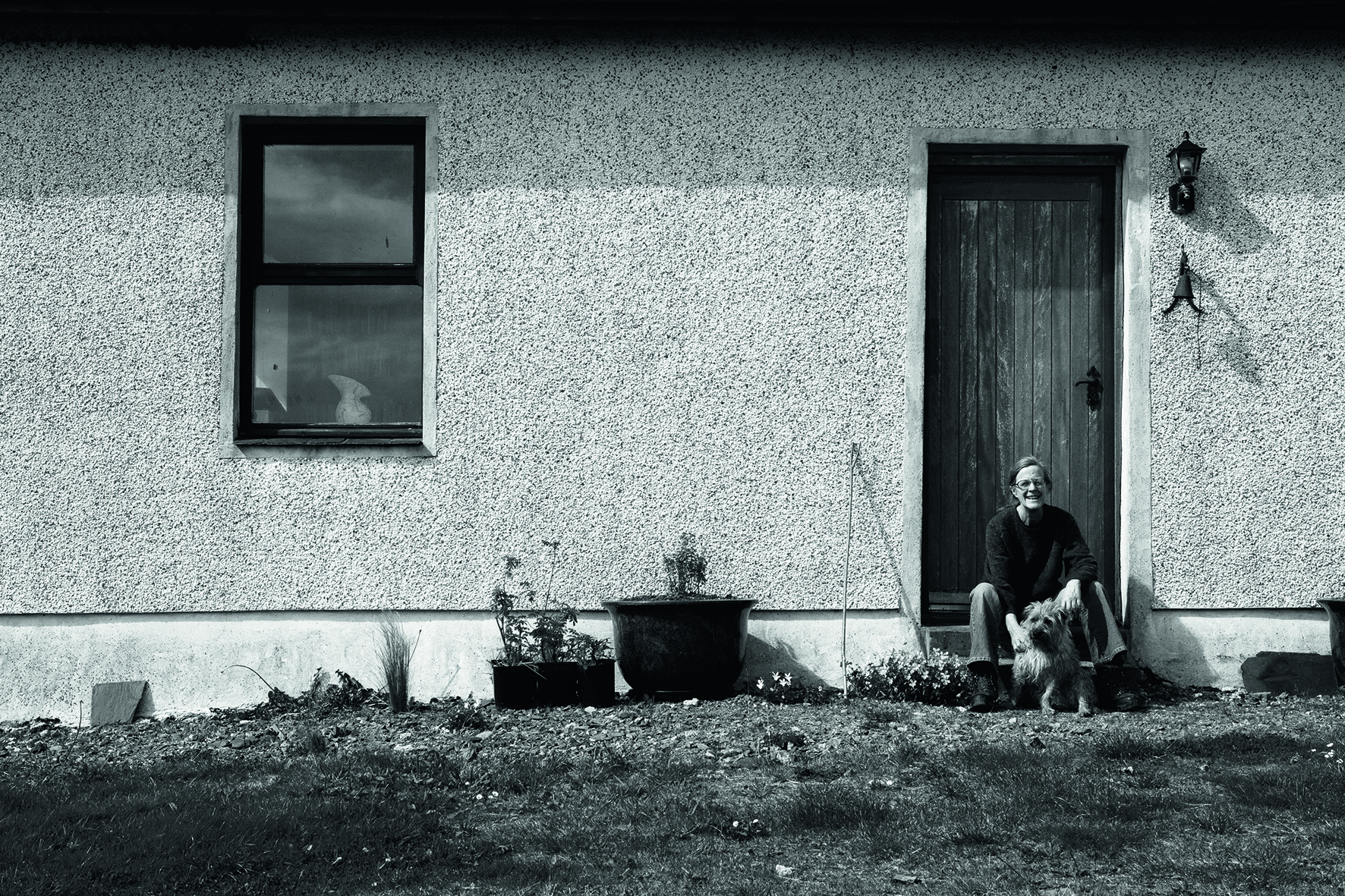Once upon a time (in the late 20th and early 21st century) there lived a beautiful, seductive and sadly irresponsible fairy. This fuel fairy managed to persuade lots and lots of people that somewhere, somehow there was an infinite source of power that would provide us with all the electricity we wanted, when we wanted it, and would enable us to fly and drive our cars everywhere.
This magical elixir would be cheap, safe, non-polluting, sustainable, ecologically harmless and easy to produce. There would be no more global warming, no more extreme weather events, and every honey bee in the world would go happily about its pollinating business with joy and gratitude.

Various spells for this exciting magic were offered: coal, oil, water, nuclear, wind, sunshine, human waste products, and hydraulic shale fracturing – fracking – among them; but in each case they turned out to be deficient in one way or another.
Coal and oil pollute and are not sustainable; water power damages river valleys (and in the UK at least there are not enough suitable sites); nuclear generation is potentially dangerous (and also, though this is usually overlooked, not sustainable in the long term either); wind is expensive, intermittent (and ugly); solar is limited in scope and larger arrays aesthetically and ecologically damaging; energy from waste produces toxic by-products (and a great deal of energy is needed to move the waste about); fracking is simply another fossil fuel.

The biomass myth
Never mind, says our fairy, let us fantasise about something else.
I know – biomass. Let’s grow our energy – that is sooo natural and clean and everything good. Let’s rip out forests, just as our primitive ancestors did, despite now knowing how ecologically crucial they are. Let’s take farmland, disturb the water table and turn food production (the source of human energy) into energy production. Never mind the environmental damage this causes, and the certainty of habitat change. There are, after all, 5.73 million hectares of arable land in the UK: that is lots and lots of biofuel. What fun.
There are, presently, in the UK, six potential ‘crops’ that can be used to generate electricity: short rotation coppice (willow, poplar, ash, alder, hazel, silver birch, sycamore, sweet chestnut and lime); straw; and four grasses – miscanthus, reed canary, switch and rye. There is also forest material and ‘tree management residues’.
In addition three UK crops can be converted into biofuel: wheat, sugar and fodder beet, and oilseeds. Of course we could ‘grow’ lots of non-fossil fuels and for all I know there may well be areas of the UK in which this would be a sensible choice and do less damage than the present ways we get hold of fuel and electrical power.

But we already have a serious food self-sufficiency problem: the proportion of our food we produce ourselves has fallen from 78% to 60% in the last
30 years. We have a growing population and an endangered ecosystem, with declining biodiversity and habitat loss. And we have nearly a century of experience that the Fuel Fairy is lying to us: and that there is no such thing as a free lunch.
I have a far better suggestion than this: turn down your central heating two degrees (unless you are very old or very young), and wear fingerless mittens at home.
Sara Maitland is a writer who lives in Dumfries and Galloway. Her works include A Book of Silence and Gossip from the Forest.
